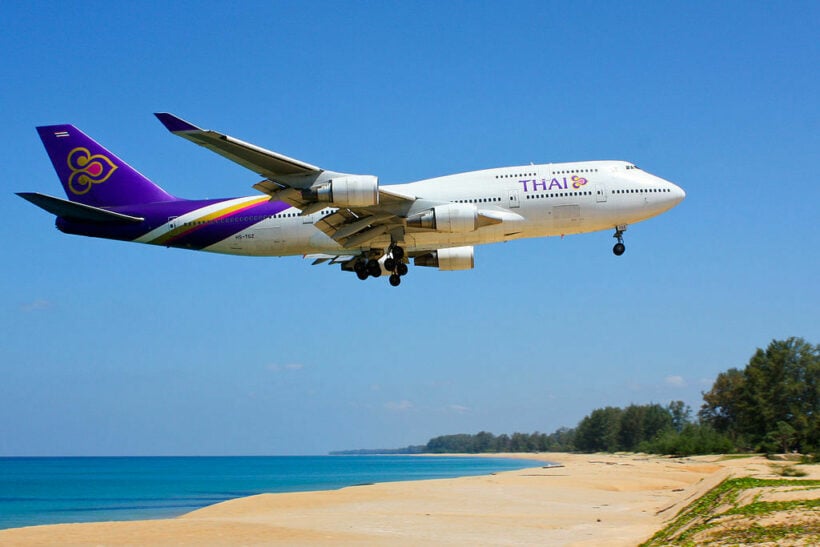Thailand’s flag carrier airline discusses adding 20 twin-aisle jets

Thailand’s flag carrier airline is chatting with plane makers about adding about 20 twin-aisle jets as people across the globe are travelling once again. Thai Airways held talks with Boeing Co about the matter recently, according to sources who asked not to be identified.
The sources said that the negotiations were fluid and might not amount to a deal, Bloomberg reported. Thai Airways representatives did not immediately respond to a request for comment.
Thai Airways is currently working on a US$5.3 billion debt rehabilitation plan, after it was forced to eliminate half of its workforce and 40% of its fleet during the Covid-19 pandemic.
Under the restructuring plan, Thai Airways earlier flagged that it planned to add 10 wide-body jets in 2023, and eight more in 2024. The airline is also mulling temporarily bringing back some of its six Airbus A380s in 2024 to fill a gap in demand. Meanwhile, Thai Airways will wait for newer aircrafts to be delivered.
Thai Airways made a resurgence last month after it said 60% of its pre-pandemic fleet had resumed service. Thai Smile Airways, a subsidiary of THAI also made a resurgence as it has seen more than 90% of its fleet return to the air after domestic flights have increased in demand.
THAI’s chief commercial officer said the company was looking to expand its reach into the Asia Pacific as the number of passengers is forecasted to grow by 4.5%, reaching 2.53 billion by 2040. That number would surpass all other regions making it a safe bet to increase flights. THAI currently has 44 aircraft in service, compared with 83 pre-pandemic. But a lift in Covid restrictions has allowed the carrier to bounce back.
Together, THAI and Thai Smile operate 713 flights per week, serving 68 destinations. Of that total, they operate 63 flights per week in Europe, 227 domestic flights per week, and 21 flights per week in Australia. The CCO said Japanese and Indian routes are seeing an increase in passengers as flight capacity has almost reached the level recorded in 2019.
Latest Thailand News
Follow The Thaiger on Google News:


























